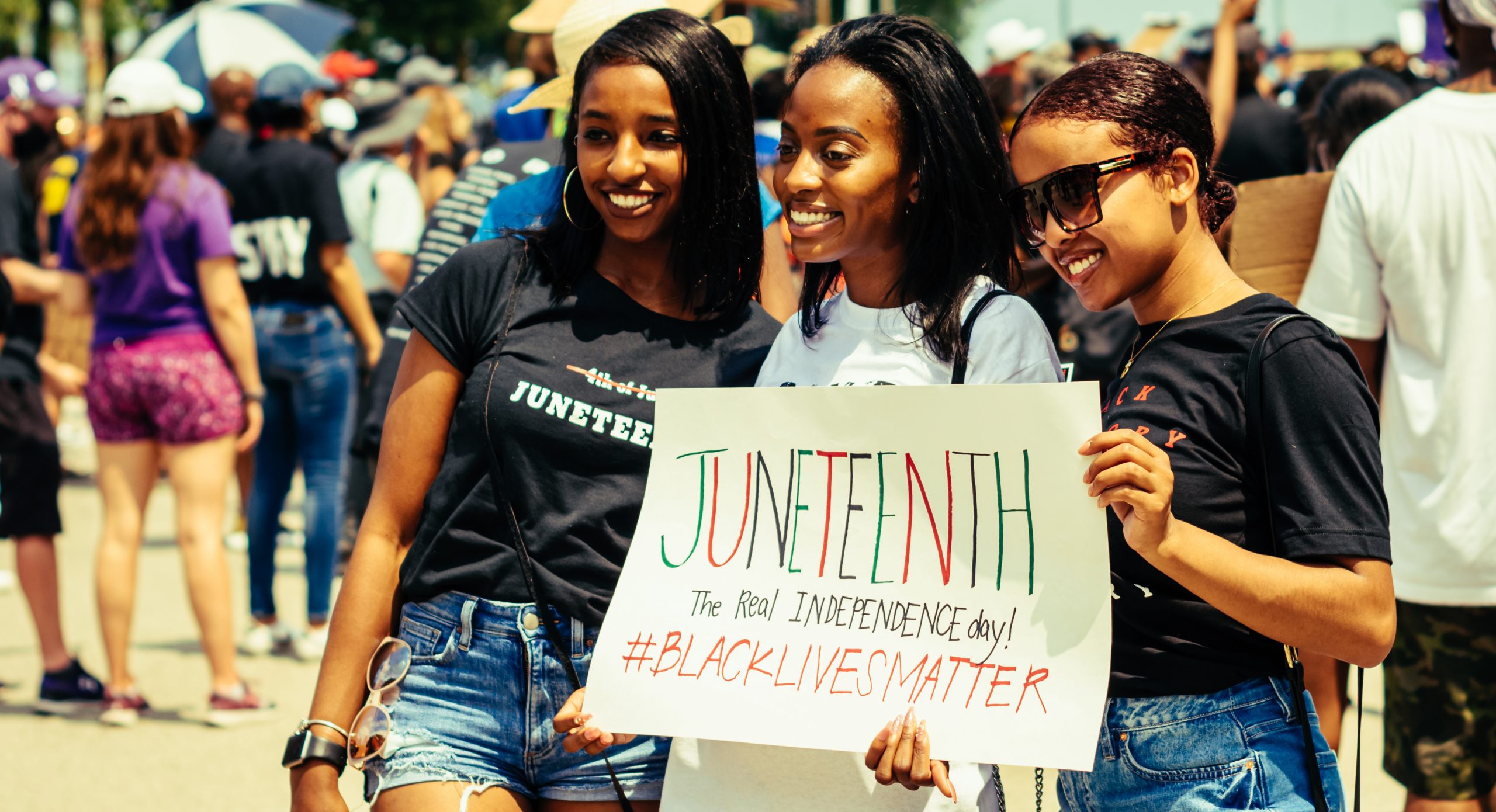“What to the Slave is the Fourth of July?”
It’s the title of a speech given by Frederick Douglass in 1852, and is unfortunately still so salient today.
In his speech, Mr. Douglass addresses a crowd of White onlookers. He does not speak ill of this nation or of its Founding Fathers; instead he is very complimentary and expresses how beautiful America’s independence is. He does, though, challenge White Americans to extend that same liberty to their Black neighbors.
 Many of my White friends and family joyfully celebrate the 4th as America’s Independence Day, but I’ve always had trouble connecting with that idea. In 1776, America won freedom from the British, but this country did not offer that same freedom to enslaved Africans. In 1863, the Emancipation Proclamation granted freedom to some (not all) enslaved people and the 13th Amendment in 1865 abolished slavery officially; but that freedom still found its limits.
Many of my White friends and family joyfully celebrate the 4th as America’s Independence Day, but I’ve always had trouble connecting with that idea. In 1776, America won freedom from the British, but this country did not offer that same freedom to enslaved Africans. In 1863, the Emancipation Proclamation granted freedom to some (not all) enslaved people and the 13th Amendment in 1865 abolished slavery officially; but that freedom still found its limits.
Voting restrictions, Jim Crow laws, the Tulsa Race Massacre, redlining, and an unjust justice system have continued to limit African Americans to this day. As a Black American, commemorating Independence Day feels empty, knowing that I myself would not have been free at all on that day in 1776. It’s difficult to don red, white, and blue and shout hooray for a remembrance that specifically—and intentionally—excluded anyone who looked like me.
(I also invite all of you to consider the implications of Independence Day for our Indigenous brothers and sisters.)
Enter: Juneteenth.
What is Juneteenth?
Juneteenth is a holiday for Black Americans to celebrate an independence that included us. Juneteenth commemorates June 19th, 1865, when news arrived in Texas that enslaved Blacks would be emancipated. Note that this is more than two years after the Emancipation Proclamation. (Here, I challenge you to do the work—learn more about the basis of Juneteenth.)
Did all enslaved folks become free on that June 19th? Absolutely not. However, this was a day that directly impacted them, and a day that provided a central point for Black Americans to rally around. So now every June 19th, many Black Americans look back to celebrate and look forward to a brighter future.
Many White Americans have never heard of, or have only recently heard of, Juneteenth. That’s okay sis, we don’t need White endorsement in order to celebrate! This is an opportunity for us to recognize each other and recognize that our journey has not been the White American journey.
Juneteenth is about being seen.
Being heard.
Celebrating our full humanity.
Celebrating the beauty of Blackness.
I wish a happy Juneteenth to you and yours, here in this land of the free!
What can I do about it?
- Ask your Black friends and family if they celebrate Juneteenth. If they do, wish them a happy one!
- Learn. Look up more history about the holiday (including its other names!).
- Hold space for your BIPOC neighbors no matter what holidays they do or don’t celebrate.
- Attend an event.









